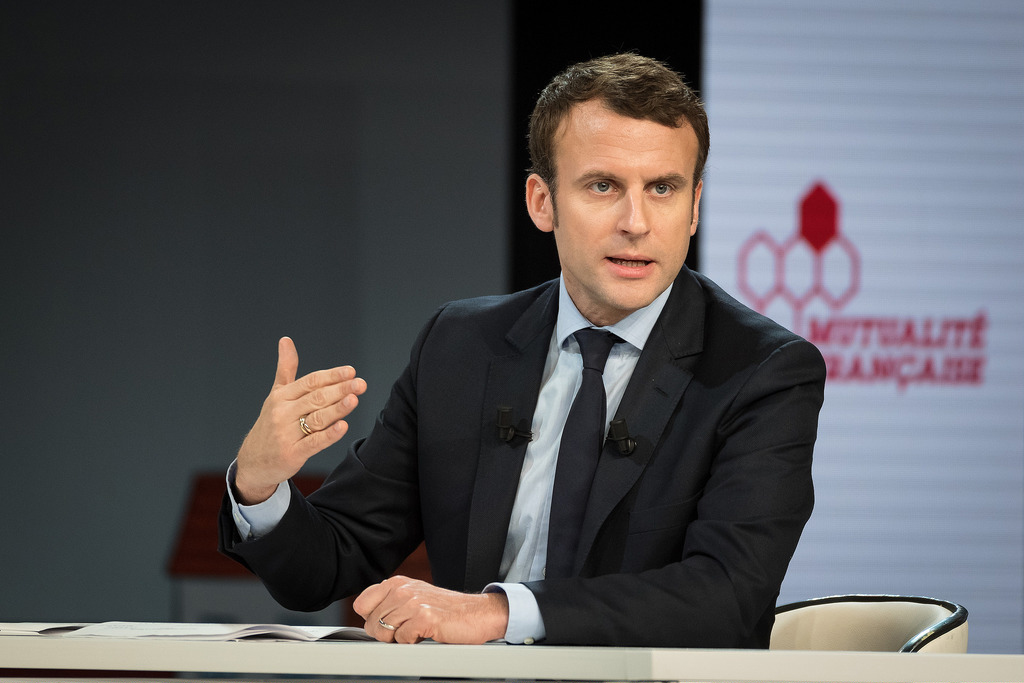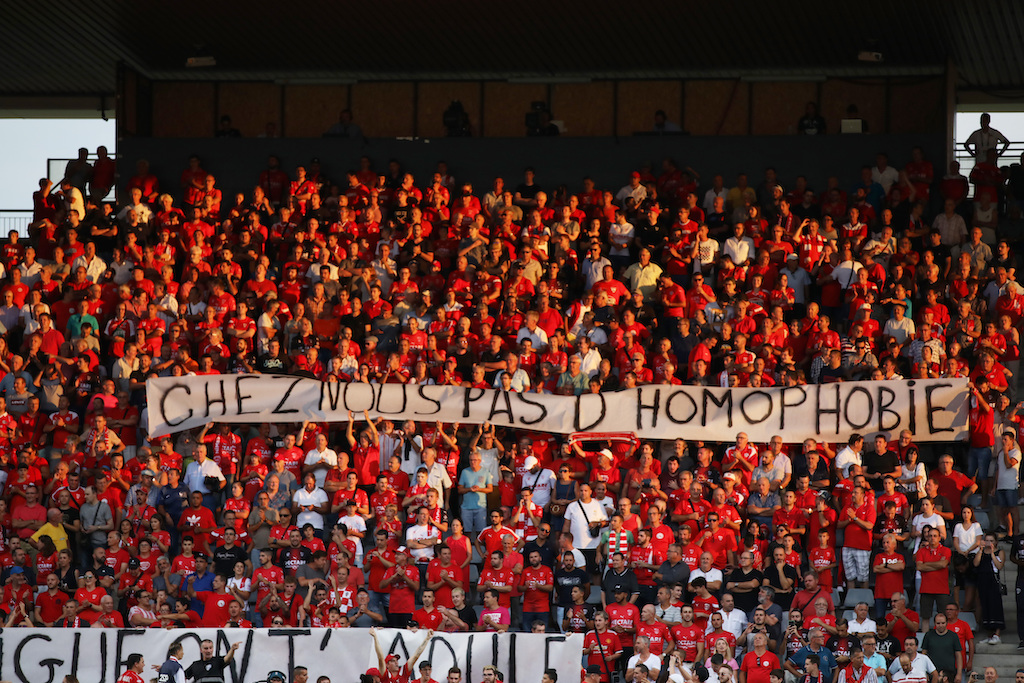On May 7, French citizens elected Emmanuel Macron as their next president. Last-minute reports of hacks targeting Macron’s campaign seemed to have little effect as the 39-year-old investment banker and former finance minister defeated his far-right opponent Marine Le Pen in a landslide.
French law imposes a 44-hour media blackout as citizens go the polls, prohibiting media campaign coverage that could be seen as swaying the election results. Candidates are also barred from campaigning or commenting on any developments during that period.
In places like the U.K. and U.S., a wave of appeals to nationalism and adversarial stances toward immigration galvanized discontent with the status quo to carry Britain out of the EU and Donald Trump into the White House. But just as Dutch voters in March largely rejected Geert Wilders’ plan to “Make the Netherlands Great Again” by closing borders to immigrants from Muslim nations, shutting down mosques, banning the Koran and taking the Netherlands out of the EU, French citizens opted for a leader with a different message.
Maxim André is a French exchange student majoring in political science at Portland State. Over his last eight months in Portland, he has had the opportunity to witness a singular U.S. presidential election firsthand and also participate in his own country’s presidential election while living abroad.
“Even if I’m far from France, that doesn’t prevent me from participating and being involved in this election,” André said.
André knew of French citizens abroad who disregarded the election due to lack of concern, but when it came to the French international students in Portland he was confident they had all managed to arrange for a proxy to vote on their behalf.
“It’s a duty,” André said. “We all perceive it that way.”
This is André‘s last month at PSU, after which he will return to France. For other French citizens, however, France is not their only home.
Chrystèle Luneau, a French professor at PSU, originally came to the U.S. as an exchange student at Reed College. Although she has now lived in America longer than in France, she still feels a strong connection to her first home.
Luneau is originally from Brittany, located in northwest France, where Macron received a large proportion of the vote. “Macron was the best chance we had to ensure Le Pen was not going to win,” Luneau explained. “That was the most important thing. That’s what they call the ‘useful vote.’”
One example of the logic of the vote utile shared by Luneau was how a French expression about choosing between the plague and cholera had been applied to the candidates.
“That was this election: la peste ou le choléra,” Luneau said. “Pragmatically, we get rid of the [plague], and then we’ll cure cholera.”
Overall turnout was down from the 2012 presidential election, which saw over 80 percent voter participation. According to one estimate, this election saw the highest number of blank or spoiled ballots cast since 1958—nearly one in ten.
The last time the U.S. had voter turnout over 80 percent in a presidential election was 1876.
“I just became an American citizen two weeks ago,” said Annabelle Dolidon, who has taught courses in French language and literature at PSU for the last nine years. Dolidon is from a small rural village in eastern France, but has been living in the U.S. for over two decades. For her and other French expatriates, the philosophies and ideologies of France’s next leader correspond to immediate and physically tangible consequences.
During the campaign, Le Pen announced she would end dual citizenship for French nationals outside Europe, before later equivocating and changing the terms for her proposal.
“If I had to pick, I would choose American citizenship because this is my country now,” Dolidon said. “However, I still feel French in many, many ways.”
According to Dolidon, the citizenship issue itself is not as important as its symbolic significance. Rather than a clear divide in the population of one nation voting for a president, Dolidon considers the direction France ultimately takes as part of a larger process in which several nations who were allies and have been working together, now seem to have different views.
“You have Macron who wants to keep working with immigrants and keep immigration going because it’s a system of flow that he thinks is positive for France,” Dolidon continued. “He wants to stay in Europe, even though, you know, perhaps there are things that can be made better, which is always the case, all the time. Then you had [Le Pen], wanting to just go the complete opposite way.”
Dolidon said that while Macron’s relatively new appearance on the political scene and his background in finance give her pause, she is optimistic.
“It’s funny for me to think of somebody who’s an investment banker with a socialist background,” Dolidon said, “It’s like an oxymoron…but it shouldn’t be.”
Macron is both the first president born after Charles de Gaulle established the Fifth Republic in 1958 and the youngest French head of state since Napoleon.
“I think he projects a good image of the country,” Dolidon said. “He’s polite, he’s educated, he’s smart, and he’s at the same time, of a new generation who wants to change things for the better. We’ll see.”
Macron’s major accomplishment while serving as finance minister under previous President François Hollande was to draft and help enact la Loi Macron, literally “The Macron Law”. His economic reforms, which deregulated certain industries and opened up Sunday operating hours for some businesses, were designed to bring French labor law more in line with countries such as Germany and the U.K.
France’s economy is the second largest in the EU, behind Germany. It currently stands at risk of breaching budgetary rules established by the European Commission, and Macron may find himself in the position of exploring austerity measures shortly after entering office. The results of June’s parliamentary election will determine how much clout Macron will be able to wield in the legislature.
“That’s the biggest fear,” Luneau said. “What is he gonna do to all the protections that we’ve had for many years?”
When it comes to deciding whether future economic reforms are either too business friendly or necessary for France to compete in an increasingly globalized world, French citizens are sure to let Macron know where they stand.
“Apathy is not a French trait,” Luneau said. “You know what French people do when they’re not happy?”
“People are already saying that they voted for Macron because they didn’t want Le Pen,” André explained, “but they’re gonna be in the street for five years shouting against the project of working laws that he’s got at the moment.”
“I don’t know if I’ll vote that much again now that I’m more involved here,” Dolidon said, as she prepared to leave her office. “But I felt this time was really important. There are things that you do that cannot be undone.”
Having been raised by feral pandas in the remote forests of Chengdu, China has always formed a key part of my identity. After my career as a Hong Kong film producer was derailed by tabloid journalists, I knew I had found the work that would become my life’s purpose. I am passionate about journalism because it allows me to step into worlds I would otherwise never know while channeling my curiosity toward serving and informing the community.






